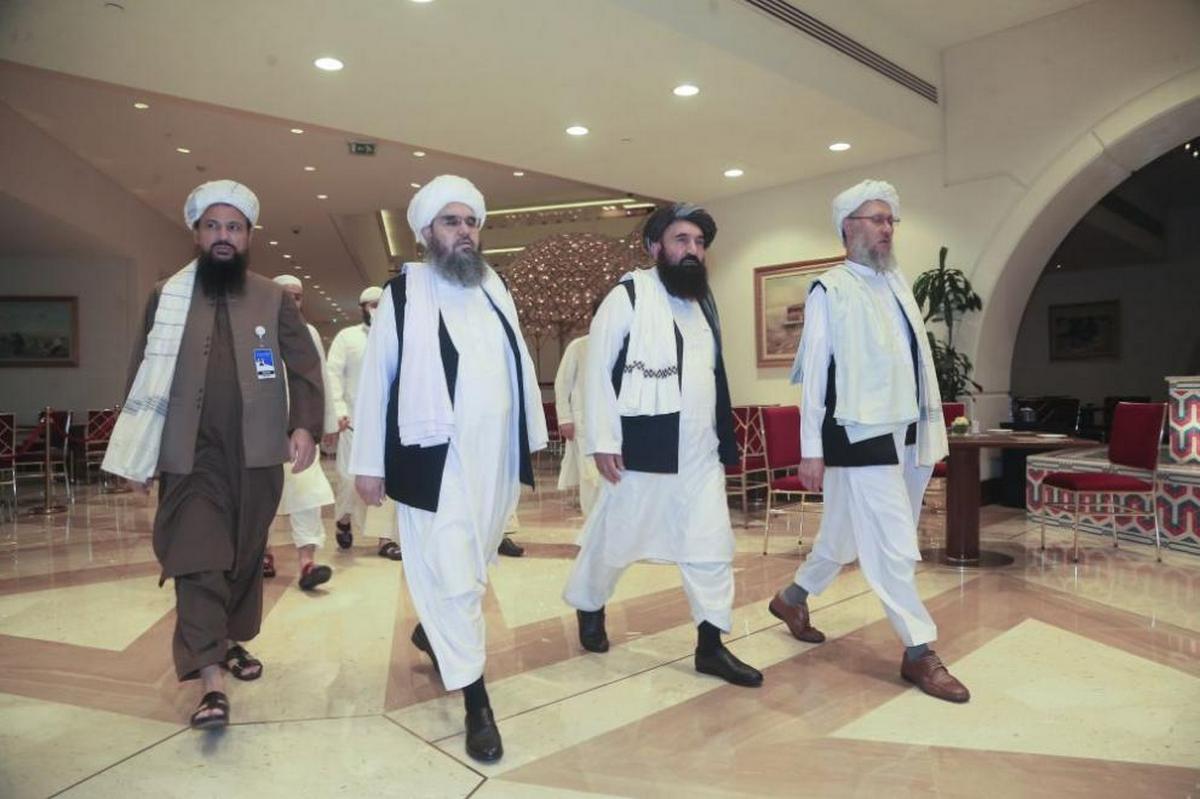The first direct talks between the National Resistance Front and the Taliban delegation took place on Wednesday. This was announced on his Facebook page by one of the representatives of the Front Abdul Hafiz Mansur, TASS reports.
The talks took place in Charikar, the administrative center of the Afghan province of Parwan. The atmosphere of the conversations was positive. For the first time, representatives of the two countries are conducting a direct dialogue, explained Mansour, who has so far participated in inter-Afghan consultations as part of a delegation of the Afghan government, ousted by the Taliban earlier this month.
#Taliban and reps. from the “resistance front” hold talks in the town of Charikar. Both sides have agreed to not attack each other to give peace and negotiations a chance.#Panjshir #Afghanistan pic.twitter.com/Na0X4oaLWb
— Mujahid Mughal (@Mujahid_3333) August 26, 2021
The Taliban delegation consisted of 7 people and 12 members of the Front. Both sides agreed to continue the dialogue for peace and to avoid attacks on their positions.
Meanwhile, resistance leader Ahmad Masood said in an interview with the BBC that they want to create conditions for the return of refugees to Afghanistan. “We, as politicians in this country, must not repeat historical mistakes. We must build a political system that makes people want to return to their homeland. We see that there is a possibility of creating such a system, “said Ahmad Masood.
He said that the territorial resistance of the Taliban was not limited to Panjsher, and all the people of the country continue to fight to protect their values and beliefs. “One should not think that our resistance in Panjshir has only military significance. It is a symbol that sends a signal to the whole of Afghanistan and even to the whole world, “Masood said.
AFP recalls that the National Resistance Front is led not only by Ahmad Masood, but also by Amrula Saleh, Afghanistan’s vice president and a sworn enemy of the Taliban. The resistance consists of militants fighting the Taliban and former members of the Afghan security forces. It is concentrated mainly in the province, which for many years was a bastion of anti-Taliban. It is a narrow, inaccessible valley, surrounded by open peaks, in the heart of the Hindu Kush mountains. Its southernmost edge is about 80 km north of Kabul. The number of approaches to the valley is limited, and anti-Taliban forces can use positions from above to strike at attacking forces.
The valley is also of great symbolic significance in Afghanistan. This is an area that has resisted all occupiers for over a century. Resistance, concentrated in a valley predominantly populated by Tajiks, had a major impact on the political landscape and security in Afghanistan in the 1980s and 1990s.

